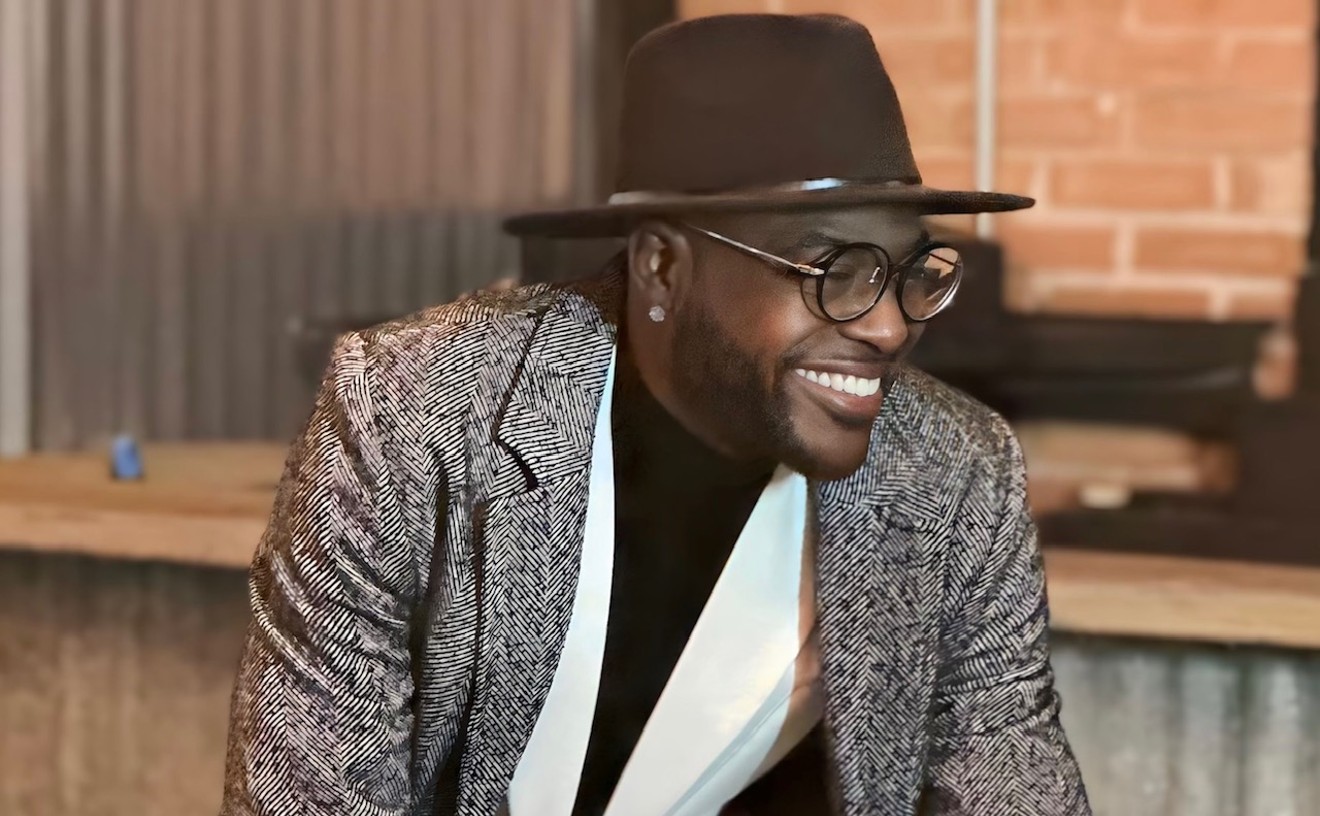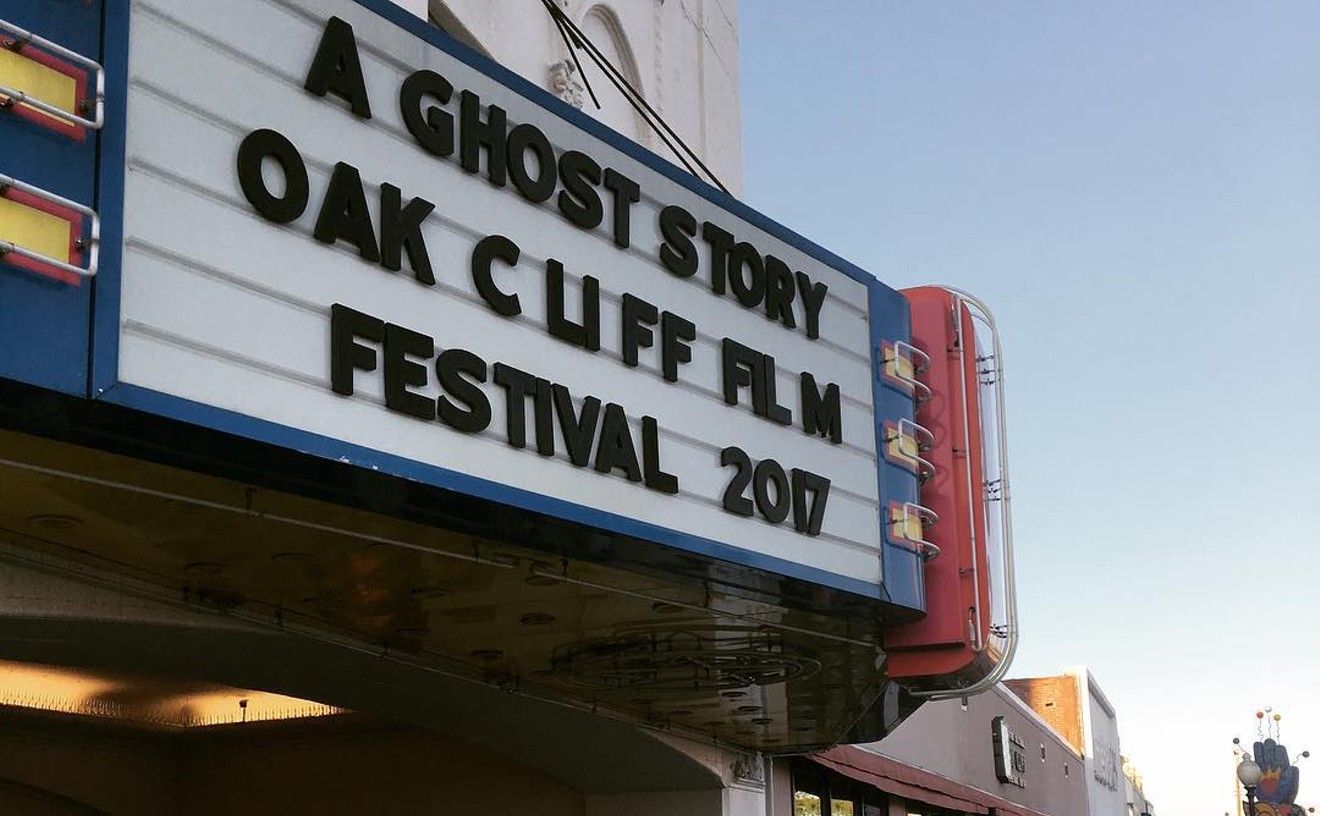In The Search for Signs of Intelligent Life in the Universe, the 1985 play performed by Lily Tomlin and written by her longtime partner, Jane Wagner, Tomlin inhabits a host of female (and a few male) characters: Trudy the bag lady; prostitutes Brandy and Tina; socialite Kate; feminist Lyn; Agnus Angst, the troubled teen. But perhaps it is Trudy's monologue that sums up not just the female experience, but the human: "As soon as humankind began to discover the truth about itself, we began to find ways to cover up that truth."
In Marilyn French's afterword in the book version, she talks about how feminist art, at least then, had to belabor its points, had to "inform its audience that everything that exists is interconnected." She points out that Search was "the first work I know of that simply takes it as a given that a mass audience will accept feminist attitudes, that proceeds on the assumption that these attitudes are shared and that therefore does not lecture, hector or even underline."
The 73-year-old Tomlin has never had to lecture. From her start on Laugh- In in the early '70s, on through movie roles like Nashville, Short Cuts and 9 to 5, she has always inhabited her characters with grace and wit. Currently, she's inhabiting the role of mother: she's Lisa Kudrow's mom on the Showtime series Web Therapy, Reba McEntire's mom on Malibu Country, and Tina Fey's mom in the upcoming movie Admission, in which she plays a radical feminist who penned a fictional book called The Masculine Myth in the '60s, and now struggles with her daughter's relationship choices.
Tomlin will be swinging by the Winspear on Sunday, to perform a new one-woman show, filed with "characters, a lot of them,10 or more. And now I use video, to satirize myself or a situation in the world."
Were you always attracted to characters? Are you a people watcher, or are those characters bits of you? Oh yes. Even when I was a little girl, I would put on a show. I grew up in Detroit, though my parents were Southern, and so I had my foot in these two different worlds. I lived in a mostly black neighborhood, and there were lots of people living in this one big building. I didn't come from a cultured family; we didn't go to the opera, so I just made up shows. We lived across the street from a parks and rec program, and this was in a fairly rough neighborhood, though I didn't know it, and I observed all these people that delighted or appalled me. But I had empathy for them; they all resorted to things that were high and low, enlightened and stupid.
And so a funny voice or face can make a serious topic easier to handle. I think so. Comedy is a much better vehicle to express the human condition, that culture has a perspective, and if the character is comedic, the content has more impact. Not that you can't be moving in dialogue or content.
I think that's what drove Search, in which you managed to address rape, feminism, mental health and sexuality. I feel like the play still holds up. Most of this is still so applicable, but maybe we'd need to update a few technological references, or maybe a culture type is not expressed. Maybe a sequel would do. I love the theater most of all, and it's so gratifying to do a piece like that every night, so many great perceptions and situations. I haven't done it since 2003, when we revived it in L.A.
Are you still working on characters? I try to come up with culture types, but now so many people are doing that. I started on Laugh-In with Ernestine and Edith, but I have to put things in their mouths that are relevant now. When I started out, I was going to make [Edith] seven, but as I exposed myself to kids - and pardon the expression - I realized she was actually about five. Kids at that age are so observant, so she's six now. But the problems are still the same. When she was created, the Vietnam War was on. There's still a war.
Tell me a bit about your writing partnership with Jane. Jane and I are both Southern, and she was always advanced, very brainy. She's the writer, and I can be funny, I can think of a certain culture type and she writes to elevate it. Her verbal level is high, her perception is high, and I know it when I see it.
You're playing Tina Fey's feminist mother in Admission. How much of your own experience did you draw from? Well, I lived through that period, I had friends who were notable feminists, and in all things, when people subscribe to the doctrine, they lose sight of the world as it's changing, and they pay a price. Evolve or die.
I know this is a broad question, but how have you seen feminism evolve? A lot of young people have no idea what went before; they don't even know who Bella [Abzug] was. Bella was outrageous. But there's always a resurgence, and movements come and go. I'm always hopeful, and now there are more women directors, more women choosing not to marry, or not to make it their first priority. I remember being on [Johnny] Carson in '73, and he said to me, and he knew what he was asking, "You're not married are you?" And I said no, and he said, "Don't you want to have children?" And I said, "I love children, but I don't think I want to bear children. Who has custody of yours?" And there were no feminists in the audience that night. There was dead silence. Oh, there must be something wrong with her! It's better now, and people see the falsity that everyone should have the same life and make the same choices.
Tina Fey has been a great modern example of that. She's extraordinary. She's supremely talented and smart, and she and Amy [Poehler] were so good on the Globes, so much smarter than what we're used to. They were coming from an intelligent place, where you have to be perceptive. I'm 30 years older than Tina, but she is singular. I admire her. She's private, and she has her own sense of self.
Looking back on your film roles, what were some of your favorites, and why? Nashville was my first role, and this was off Laugh-In, when no one would hire me, because people thought I was Ernestine. But not Bob [Altman]. I loved All of Me, with Steve [Martin]. Short Cuts, with Tom Waits. [When we were filming], Tom would call me, and he would pretend he was Earl driving around in the limo, and we would talk for an hour, and I thought, "Why wasn't I recording this!" And he called me three nights in a row, and I was never prepared. I loved all the David O. Russell movies. Every movie he makes is different. He's limitless.
Living in Dallas, I am often reminded on the term "affluenza," from Search. Oh yes! Jane came up with that. I have a lot of friends in Texas, and I was good friends with Ann Richards. We share a birthday. I went to a big dinner in Dallas a few years ago, and I sat next to a gentleman who was one of the most wealthy people in the country, and because I'm Southern, I have no problem sitting and talking. And he said, "Oh, you're from Hollywood, you're brainwashed." And I said, "Well, here's your chance to teach me!" And so he bragged that he had been one of the [John Kerry] swift boat architects, and I said, "Are you bragging or confessing?" And I thought it was so stunning. He was a believer in the free market, and I said, "Do you believe humans are so evolved? No regulations for the good of the population? Shouldn't we do something to make life better for some people?" And he said no. And that was a chilling and clarifying experience.
Lily Tomlin performs Sunday, February 10, at the Winspear Opera House. Show starts at 7:30pm. Visit www.attpac.org or call 214-880-0202 for tickets.










